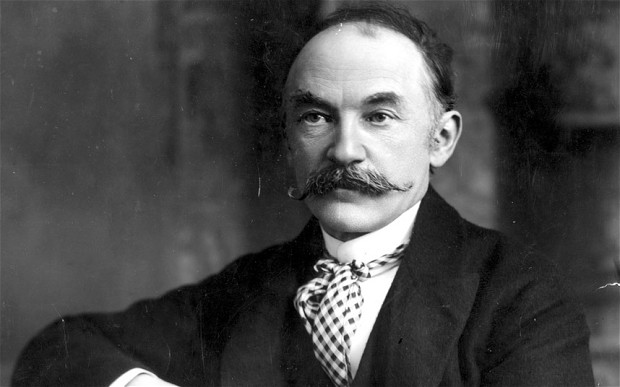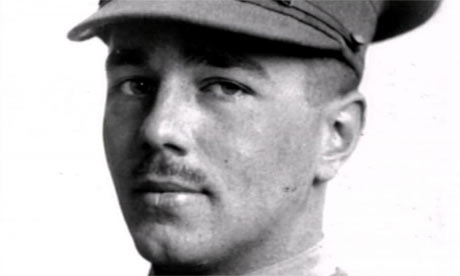Father Returning Home is a short and appealing poem about an old man in a cosmopolitan city where his own sons and daughters treat him as an alien. He himself is estranged from the man-made world. Through this poem, Chitre has denounced the urban rootlessness and alienation. The poem, Father Returning Home focuses on the theme of alienation or estrangement experienced by the aged in their twilight years. Dilip Chitre talks about his own father and through the poem, we get to know the alienation, isolation and misery experienced by elderly people, especially in cities.
The first stanza of Father Returning Home describes the train journey of his father while returning home one evening. The father stands among commuters in the yellow light of a local compartment. The poet describes his father’s reaction against the sights of the suburbs that pass by. His father remains unmoved by the sights because they are too familiar to him. That is quite normal, isn’t it? We hardly pay attention to those places where we travel every day, unless the place has something interesting to offer. Same was with the poet’s father. The poet then describes his father’s pathetic condition, as he travels during the rainy season. His clothes become damp and dirty. The black raincoat that he wears becomes stained with mud. His bag crumbles with the heavy load of the books.
Due to old age, the poet’s father’s eyesight has become poor and therefore he finds difficulty to move about in the dark. The poet says that he can see his father getting down the train ‘like a word dropped from a long sentence.’ The sentence is highly unique and it provides an evocative image of an old man who gets down from the train as if he is no longer relevant to it. The poet then sees his father hurrying through the long, grey platform. The man seems to be as old as the platform, who has been using it as a part of his routine. He crosses the railway tracks and hurries home through muddy lanes on a rainy day. This is indicated by his chappals which are sticky with mud. This stanza portrays the monotonousness of the old man, who sustains the vagaries of weather as well as the estrangement from the man-made.
The second stanza, the poet represents the alienation of his father that he experiences in his own dwelling. The poet tells us that his father drinks a weak tea and eats a stale chapatti when he comes back home. This shows that the even his basic requirements are not properly carried out by his family. A sense of pity for the poet’s father arises in us, what do you think?
The father is then seen going into a contemplative mood after reading some kind of a philosophical book. He goes to the toilet and contemplates over man’s alienation from the man-made world. This exhibits that the man is visibly upset with his predicament. He is terribly shaken when he comes out of the toilet and trembles while he washes his hands at the wash basin. It seems that he trembled not only because of the cold water but also due to the thoughts that came into his mind while he was thinking in the toilet.
The father finds himself all alone in his room as he is written off by his children. The children do not interact with their father; they do not share their joys or sorrows with him. To compensate their company, the father listens to the radio. Then he goes to sleep. In his sleep, he dreams about his ancestors and grandchildren. It seems that he is trying to communicate with his ancestors who had entered the subcontinent through the Khyber Pass in the Himalayas in the past. The dream mirrors that the old man is either thinking about his past (his ancestors) or his future (his grandchildren). It is a kind of relief to him from his mundane routine, devoid of any human contact.
Some online learning platforms provide certifications, while others are designed to simply grow your skills in your personal and professional life. Including Masterclass and Coursera, here are our recommendations for the best online learning platforms you can sign up for today.
The 7 Best Online Learning Platforms of 2022
- Best Overall: Coursera
- Best for Niche Topics: Udemy
- Best for Creative Fields: Skillshare
- Best for Celebrity Lessons: MasterClass
- Best for STEM: EdX
- Best for Career Building: Udacity
- Best for Data Learning: Pluralsight














wonderfully
good good very goooooood. goood jab..
Thanks for your help…
It helped me a lot.
But i have a doubt what does ‘yellow light’ stands for? ?